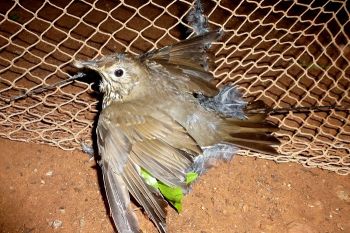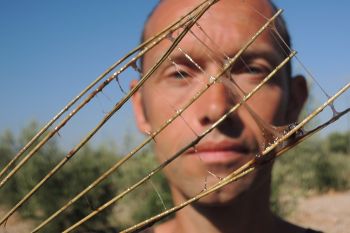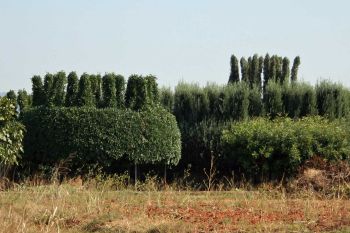CABS Operations in Spain
Spain, with its location on the south-western edge of Europe, is an important migration route for Western European migratory birds, who fly via Gibraltar to their wintering areas in West Africa. Most migratory birds from the British Isles, the Benelux countries (Belgium, Netherlands, Luxembourg) and France pass the beaches of Costa Blanca and Costa Brava twice a year. The mild winter climate of the olive and orange groves are also a preferred wintering area for northern and central European birds. However, with over 900,000 registered hunters, Spain is one of the EU countries most affected by migratory bird hunting and poaching. Only in France do more people hunt wild birds.
Particularly in the east and south of the Iberian peninsula, the high density of passing birds also gives rise to a high density of poachers who have built a tradition of trapping and/or killing the birds. While the use of limesticks is decreasing due to our work, nets are still widespread in many places. The Committee Against Bird Slaughter (CABS) began conducting filed investigations in 2001 and has been organising bird protection camps in the hot spots of poaching every autumn ever since.
Bird trapping in Spain
In the east and south of Spain bird trappers target migratory birds with limesticks and nets. The birds either wind up in cages or dished up with paella.
Bird protection camps
CABS have been working actively against bird-trapping in eastern Spain since 2011. Each year, hundreds of traps and nets are collected.
Research and Lobbying
Spain has a strong hunting lobby. Without our own research and lobby work, our bird camps on the Iberian Peninsula would be impossible.
Successes in Spain
Through our operations, bird-trapping in Spain is declining. Above all, the use of limesticks has becoming increasingly rare.










